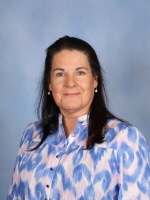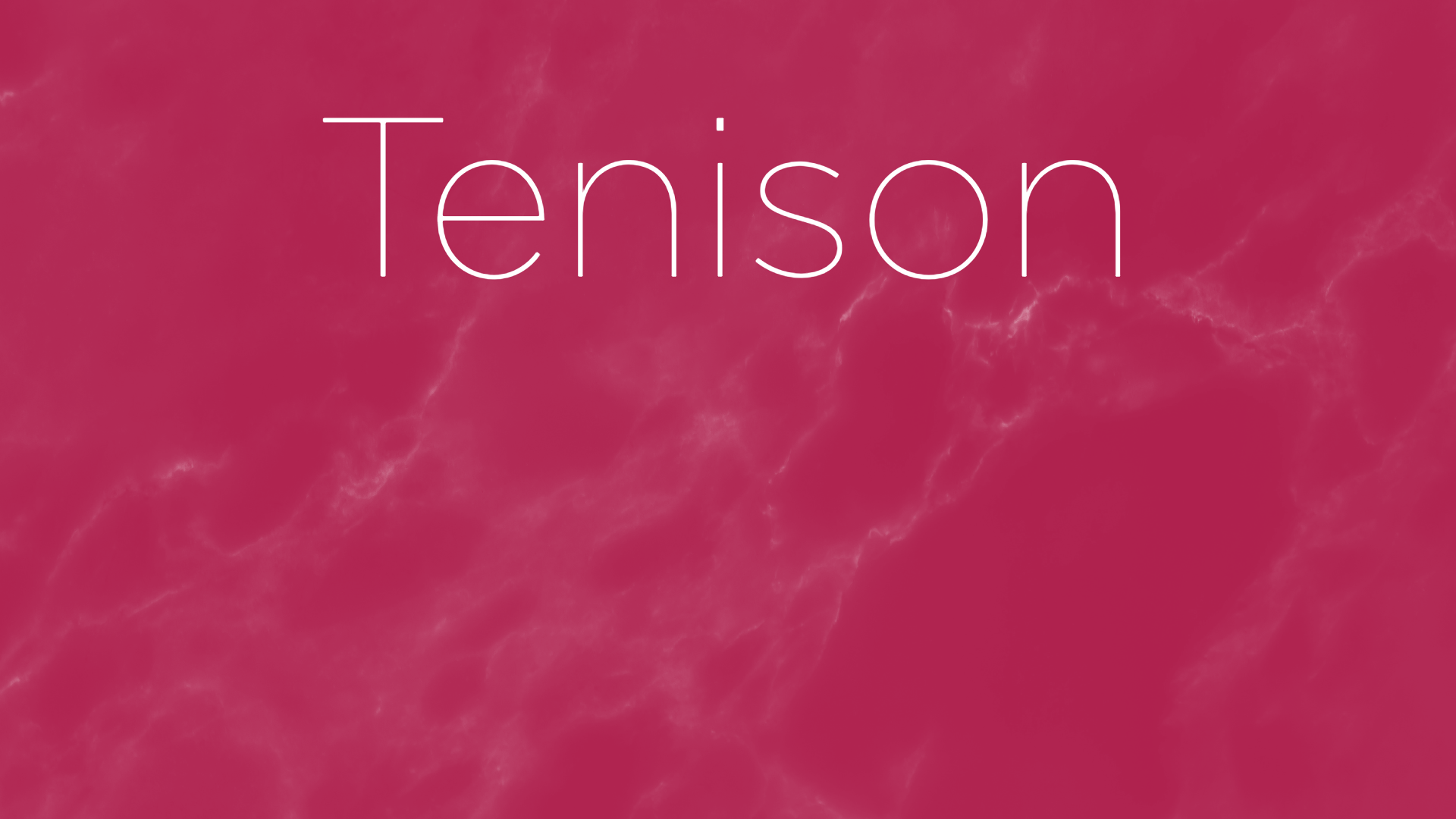About Us

Jo Legosz – College Principal
As the only Catholic Year 11 and Year 12 college in this State, Guilford Young College occupies a unique place in Tasmanian education.
Our students have established a record of exceptional achievement in their studies, careers, sporting and cultural pursuits and service to the community.
Our College has an outstanding reputation in the community and we welcome your future contribution to it.
You can contact me via email.
Our History
Guilford Young College opened its doors in February 1995, having been established by the Archdiocese of Hobart, the Christian Brothers, The Dominican Sisters, the Salesians of Don Bosco, the Sisters of Charity and the Sisters of St Joseph of the Sacred Heart. Its creation fulfilled the vision, originally articulated by Archbishop Sir Guilford Young, to build a Catholic senior secondary college in southern Tasmania. The College is dedicated to the memory of Archbishop Sir Guilford Young who served the people of Tasmania for 34 years as Archbishop of Hobart from 1955 until 1988.
The Board is a vital structure in supporting the operation of the College at a local level
Jeremy Ayliffe
Tanya Dalton
Jo Legosz
Monica Nugent
Matt Rhodes (Ex-Officio)
Cody Burdon
Elaine Doran
Narelle Green
Renee Harrington
Stephen Large
Christian Street
Student-focused
Christ-centred
Learning for Life
In choosing a Catholic college, our students belong to a community of faith. Firmly based on Gospel values, the faith life of our students is nurtured through study of religion, retreat and Prayerful experiences. We aim to build an atmosphere of care and respect which allows each person in our College community to feel a sense of well-being and belonging.
House Charisms
Students are welcomed into one of six Houses named for, and embodying, the spiritual grace and gifts of the founders of the religious congregations from which Guilford Young College was borne.
Community outreach fosters generosity of spirit and service to others
At Guilford Young College we are inspired by our Catholic Christian values to live justly, be compassionate, care for the natural world, serve others in need and work for peace. Our young adult students provide service leadership through community-based projects and partnerships. Active volunteering occurs in class time through Religious Education electives, and through our College, Campus and House-based fundraising and awareness-raising initiatives.
Our approach is to see the need, judge situations with informed ethical understanding, reflect thoughtfully and respond generously to issues that arise as local, national and global citizens.
We work closely with agencies of the Catholic Church such as; Caritas Australia, St Vincent de Paul, Mary MacKillop Foundation, Edmund Rice and the Salesians of Don Bosco. We support the work of the Cancer Council, the Red Cross and The Leukaemia Foundation. Our students active participation in the annual Mission Australia National Survey has impelled our student leadership body to promote the work of mental health and wellbeing promoting agencies such as Headspace, Stay Chatty and RUOK.
Student support
Pastoral care and Student Wellbeing are a central feature of life at Guilford Young College. As a Catholic College, our staff are committed to providing a positive and safe learning environment for students, which maximises their academic and social growth.
Our Pastoral Care is based on a deep respect for the uniqueness of each of our students and considers the needs of the whole student. In addition to love, we value respect, growth, connection and courage. We place a strong emphasis on wellbeing and aim to ensure that students’ psychological, social, emotional, and spiritual needs are met by fostering an environment that is welcoming, inclusive and safe, and where students are respected members of a larger community.
Tutor groups meet three times per week and students remain with the same Tutor for their two years at the College. This enables a strong relationship to develop between student, Tutor and parents/carers. Matters such as general wellbeing, school absences, general behaviour concerns and academic progress are managed initially by the student’s Tutor, who is the primary point of contact. In 2024 we will be introducing Year Level Coordinators. Tutors and tutor groups will be supported by the Year Level Coordinators who will work closely with all members of the Pastoral team to case manage and support students and ensure their overall wellbeing. We also have dedicated counselling staff on each campus, who are available to provide specific support to students.
The counselling service is an integral part of our Pastoral structure. Services are provided by fully qualified, and experienced psychologists, social workers, and counsellors. Services are free and confidential and have a focus on positive outcomes. Counsellors also regularly consult with parents and staff in relation to student wellbeing and welcome contact from parents.
At Guilford Young College we take a restorative approach to creating a safe, supportive school environment. Restorative Practice is a way of being, thinking, interacting and learning – with relationships at the centre of all we do, every day. It brings together people affected by harm in a structured and facilitated way, to talk about what happened, how they were impacted and how the harm can be repaired or addressed. Using this framework helps our students to build capacity to live in, understand and embrace the real world, with all its contradictions and complexities.
Counselling can help with:
Engagement with school
Motivation
Organisation & time management
Mental health concerns
Coping with stress
Relationships
Crisis support
Advice & referrals
Learning Diversity and Inclusion
Guilford Young College offers assistance for students who may require extra support to improve their literacy, numeracy or general learning skills. Life skills, community access, social skills and extension and transition programs can be catered for within our wide range of supported courses as well as through individualised and tailored learning plans where appropriate. Educational, social and vocational potential is fostered in an environment constructed upon the principles of social justice.
Physical access is catered for with ramps and several lifts at the Hobart campus and a flat site with many classrooms at ground level at the Glenorchy campus.
Guilford Young College welcomes students newly arrived from overseas and students from culturally and linguistically diverse backgrounds, including exchange students. English as an Additional Language or Dialect classes are available from intermediate (Level 2) to pre-tertiary (Level 3) levels with general Level 1 beginner English being catered for on a needs-basis within the EAL program. In-class and additional assistance with English may be available on a one-to-one or small group basis.
This role has been recently introduced by the College to support all of our students who come from diverse backgrounds. Please note that students do not need to be current EALD students to benefit from this. The aim is to ensure that students and their parents/ guardians have direct access to services that will help them to negotiate cultural differences, social issues and academic options.
Anne Lynch alynch@gyc.tas.edu.au
Aboriginal and Torres Strait Islander students are supported by Aboriginal Student Success Teachers on each campus. The ASSTs arrange tutoring, cultural excursions and pathway planning and transition support. The ASSTs provide cultural, curricular, academic and vocational support. Students meet regularly to attend Aboriginal cultural events, meet with Elders and undertake cultural heritage projects.
Glenorchy campus: Brendan Kull bkull@gyc.tas.edu.au
Hobart campus: Kristin Leeds kleeds@gyc.tas.edu.au
There is a Learning Support Co-ordinator on each campus.
Glenorchy campus: Zoe Smith zsmith@gyc.tas.edu.au
Hobart campus: Sarah Young syoung@gyc.tas.edu.au
Child Safe Communities
Catholic
Education Tasmania believes that children and young people have a fundamental
right to be respected, nurtured, cared for, and that every child and young
person is entitled to be educated in a safe environment.





